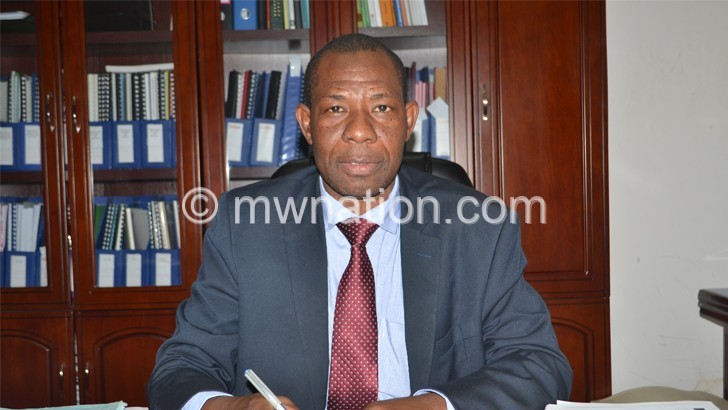PCL invests K11bn in ethanol plant upgrade
Press Corporation plc (PCL), through its subsidiary company PressCane Limited, has invested K11 billion in an ethanol plant which will produce high-quality potable ethanol for the pharmaceutical and beverage industries.
The firm plans to export the excess ethanol to earn the country foreign exchange.
PCL chief executive officer Ronald Mangani said in an interview yesterday that the ethanol plant will also have a component of zero liquid discharge capable of producing fertiliser, bio-gas and electricity from the waste.
He said: “We are in the process of upgrading our versatile ethanol plant at PressCane Limited which will enable full utilisation of its production capacity of 60 000 litres of ethanol per day.

“This can be used for fuel blending and more importantly, high-quality potable ethanol called pharma-grade which can be used in the pharmaceutical and beverages industries.”
Mangani said the company has invested K2 billion in the pharma-grade potable ethanol production plant and a further K9 billion in the zero liquid discharge plant.
“The good thing with pharma-grade ethanol is that it is pure and we are excited to introduce this new product because we are responding to the demands of our customers who desire a better-quality product, especially those that want a product that is capable for use in beverage and pharmaceutical production.”
“We are already in talks with foreign customers to export the product, and this will be good for our country especially now when we are having foreign exchange challenges,” said Mangani.
He also said the zero liquidity discharge plant will ensure that PressCane is environmentally friendly in terms of its waste disposal as the plant is capable of producing fertiliser, bio-gas and electricity from the waste of ethanol production.
PresssCane Limited chief executive officer Byson Mkhomaanthu said the firm has been a key player in government efforts to ensure that there is access to fuel ethanol for blending with petrol.
“These efforts have contributed to softening the import bills, considering that the country has had to import relatively less fuel than would have been possible without blending,” he said.
Mkhomaanthu said PressCane business model puts emphasis on working with the farmers and communities in its area of operation.





